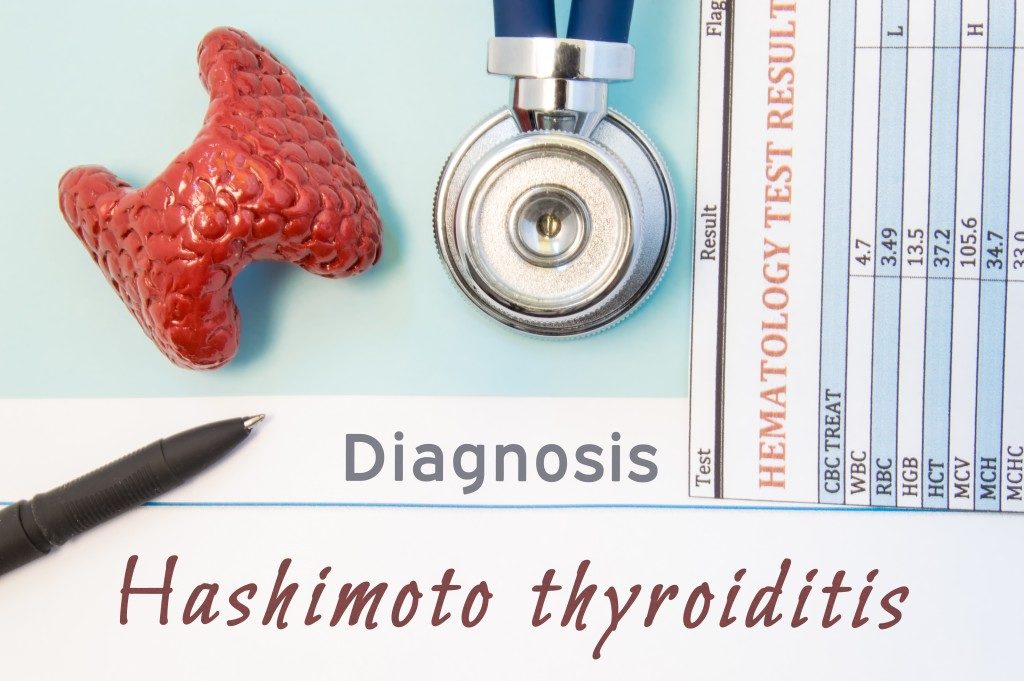Did you know that up to 60% of people who have thyroid issues aren’t aware that their health problems are stemming from that? That is because several conditions that have something to do with it affect only a part of the population, making them less likely to get checks for those specifics.
For instance, only five in 100 people suffer from an underactive thyroid. After the age of 12, the most common cause of this is Hashimoto’s disease. Because of its intricacies, it is crucial to find the right place to get help for autoimmune diseases. In Las Vegas, there are specific wellness centers that specialize in identifying and treating autoimmune diseases.
Knowing when to reach out might be a matter of asking some important questions first.
What is Hashimoto’s disease?
It is a condition that makes your immune system attack itself, particularly the thyroid gland. It destroys each cell, causing inflammation, muscle aches, weight gain, puffiness, constipation, dry skin, and fatigue, among other symptoms. It affects around 2 percent of the population in the United States and happens to more women than men in the majority of cases (ten females for every male).
While it can develop at any age, most patients are diagnosed from the ages of 30 to 50 years old. The presence of Hashimoto’s can also lead to other health issues like depression, goiter, heart problems, and more over time. There is no specific cause for the disease developing, though hereditary factors and previous thyroid problems can increase the risk of getting it.
Is it different from hypothyroidism?
Though they carry similarities, these two conditions are different and would require varied treatment methods. Often, Hashimoto’s disease is the underlying cause of a person’s hypothyroidism.
There are cases when the patient may initially exhibit signs of hyperthyroidism because the body is trying to compensate for the attack on the thyroid cells. Eventually, the emergence of hypothyroidism comes through because there are not enough hormones being produced anymore. That is because Hashimoto’s disease causes the immune system to develop antibodies that specifically attack those hormones.

At an autoimmune disease center, healthcare professionals will likely evaluate the patient’s imbalances and do tests to ensure that your levels meet the specific markers that indicate this specific problem.
Is it treatable?
When correctly identified, treatment is possible to make the disease manageable and provide a good quality of life for the patient. Though there is still no known cure for Hashimoto’s disease, it is possible to live a full life with it if one is getting the right treatment for its symptoms.
Effective wellness centers and physicians check each patient’s particular hormonal workup, lifestyle, and diet to determine the causes of their flare-ups and triggers. From there, well-rounded management can be achieved by tackling lifestyle adjustments, remedies, and medications.
If you suspect that you or someone close to you has Hashimoto’s disease, make sure they get the proper diagnosis and treatment as soon as possible. That way, relief can be found, and life can still be lived well.



